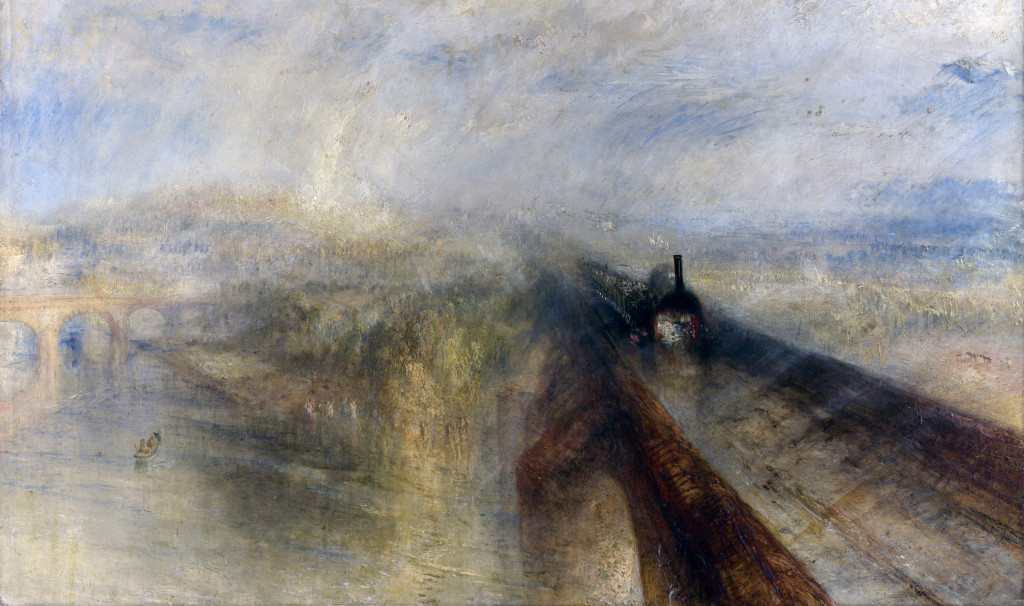Poland’s national railway system has left much to be desired in terms of quality of service, starting from the frequent delays and cancellations. However, since January 11, 2023, there has been an additional factor refraining potential customers from relying on the most environmentally friendly mode of transportation.
Polish State Railways (hereinafter referred to as ‘PKP’) has introduced a significant price increase – so-called “the update”. The price increase covers the average ticket rise of Express Intercity Premium train (EIP, Pendolino) by 17.8%, Express Intercity (EIC) by 17.4%, and IC and TLK (“economic connections”) by 11.8%.
The decision has sparked a public debate on the matter of green transformation and economic crisis. Yet again, State-owned and PiS party-controlled PKP shift the burden to the most vulnerable consumers. In addition, the Polish case has been widely compared to Germany and its national railway system. Therefore, it poses a question: are German tickets more affordable than Polish?
Business Insider claims that because of the similarity in route length and city size, the Warsaw-Cracow link may be compared to the Berlin-Hamburg connection.[1] To exemplify, the Warsaw-Cracow Express Intercity Premium connection costs nearly PLN 200 (this is above 42 euros), and in the first class over PLN 300 (this is above 63 euros).[2]
However, in Germany passengers may travel from Berlin to Hamburg on the Express Deutsche Bahn train for less than 40 euros (about 187 PLN) and do it considerably more quickly.[3] In fact, it may be 50 minutes faster. German tickets for InterCity Express trains do not have a set price, but overall, the national rail system in Germany tends to be more equitable and sustainable.[4]
On top of that, Germany unveiled its famous 9-euro ticket last summer to facilitate and promote the use of public transportation within the country. Poland, on the other hand, drives up its prices. So far, PKP and the PiS party have not made an attempt to popularize the railway system.
In turn, LOT Polish Airlines launched its winter discounts for competitive domestic flights and challenged PKP and its train connections. “From Warsaw to Krakow and the Tri-City, the plane is cheaper than the train” – LOT Polish Airlines posted on Twitter. Standard train ticket from Warsaw to Krakow and the Tri-City may cost PLN 199.00 (that is above 40 euros) in the 2nd class in Express Intercity Premium and PLN 304.00 (that is 64 euros) in the 1st class.[5] In this case, the offer of LOT Polish Airlines is more likely to gain customers through its competitiveness.
Even if the price increase was “justified” by such conditions as high electricity prices, inflation, or interest rates, is it the path Poland aims to follow? Jacking up the prices, Poland makes its citizens decide whether they are able to afford public transportation striking at its most economically disadvantaged groups. Moreover, long-term investment in non-ecological air transport does not allow Poland to lead the way in sustainable development and leaves a trail on the Polish standard of living. Along these lines, train journeys became luxurious in Poland.
References
[1] https://businessinsider.com.pl/twoje-pieniadze/pkp-tak-zaktualizowaly-ceny-ze-bardziej-oplaca-sie-kolej-w-niemczech/89mntm4
[2] ibid.
[3] ibid.
[4] ibid.
[5] https://wgospodarce.pl/informacje/122092-samolot-wygra-z-pociagiem-cenowo
Continue reading:
Poland’s Road to Euro: Economic Freedom Foundation Takes Matters into Its Own Hands
Slovak Government Continues to Forget about Poorest Citizens



